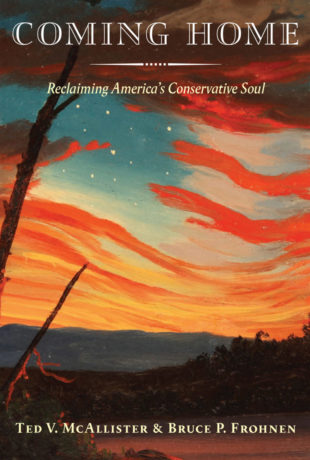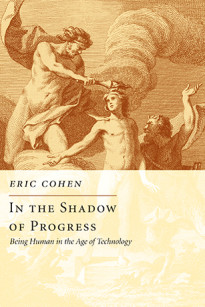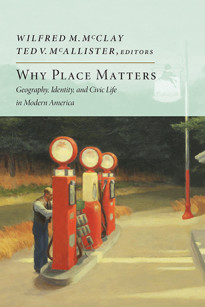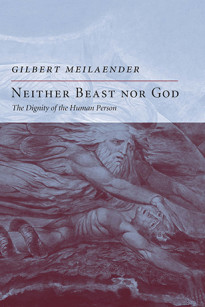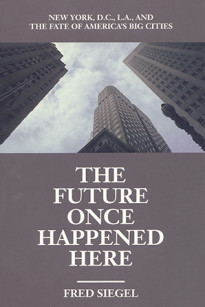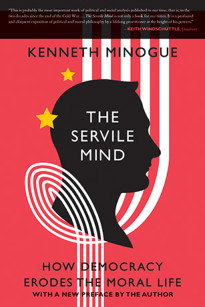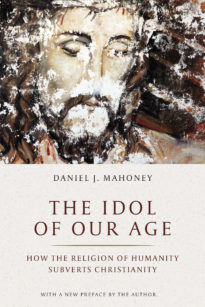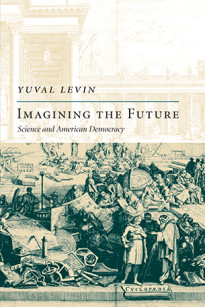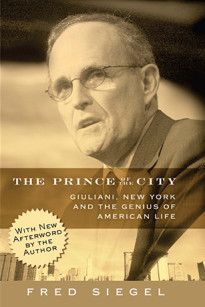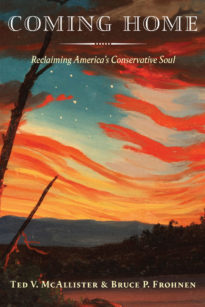Americans have been forced from their homes. Their jobs have been outsourced, their neighborhoods torn down to make room for freeways, their churches shuttered or taken over by social justice warriors, and their very families eviscerated by government programs that take over their functions and a hostile elite that deems them oppressive. These elements of a rooted life historically have been defended by conservatives—people dedicated to maintaining cultural continuity in the face of changing circumstances. Unfortunately, official “Conservatism” has become fixated upon abstract claims about freedom and the profits of “creative destruction.”
Conservatism has never been the only voice in America, but it is the most distinctively American voice, emerging from the customs, norms, and dispositions of its people and is grounded in the conviction that the capacity for self-governance provides a distinctly human dignity. Emphasizing the ongoing strength and importance of the conservative tradition, the authors describe our Constitution’s emphasis on maintaining order, balance, and protection of the primary institutions of local life. Also important, here, is an understanding of changes in American demographics, economics, and politics. These changes complicated attempts to address the fundamentally anti-traditional nature of slavery and Jim Crow, the destructive effects of globalism, and the increasing desire to look on the federal government as the guarantor of security and happiness.
To reclaim our home as a people we must rebuild the natural associations and primary institutions within which we live. This means protecting the fundamental relationships that make up our way of life. From philosophy to home construction, from theology to commerce, to the essentials of household management, our ongoing practices are the source of our knowledge of truth, of one another, and of how we may live well together.
